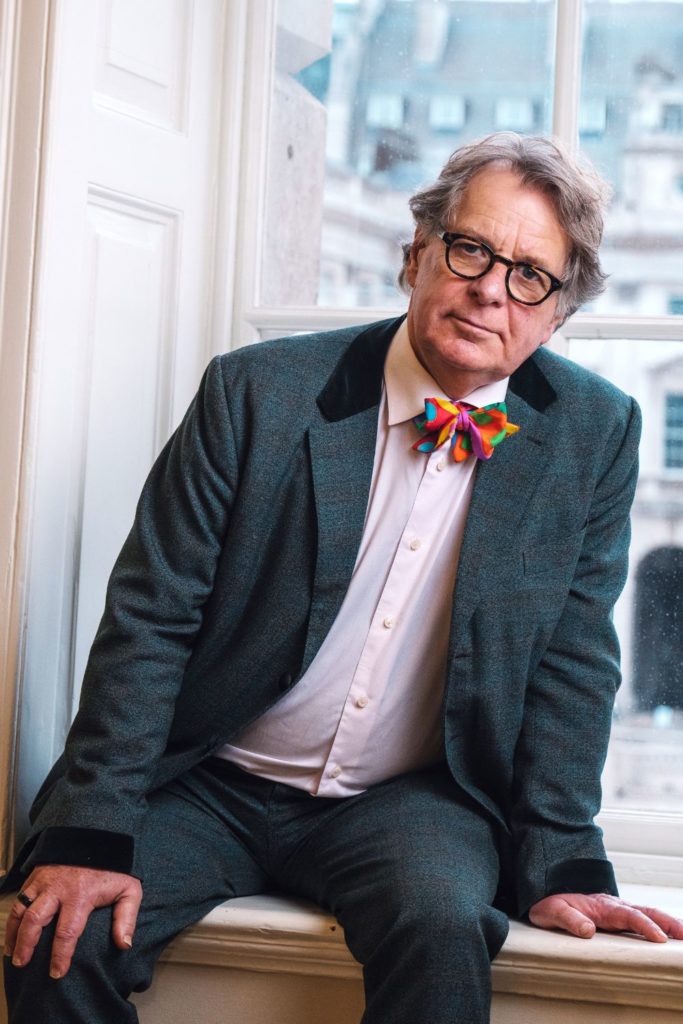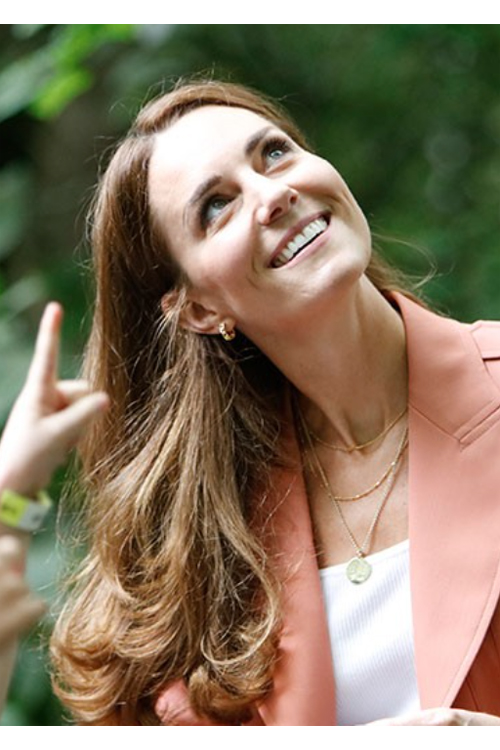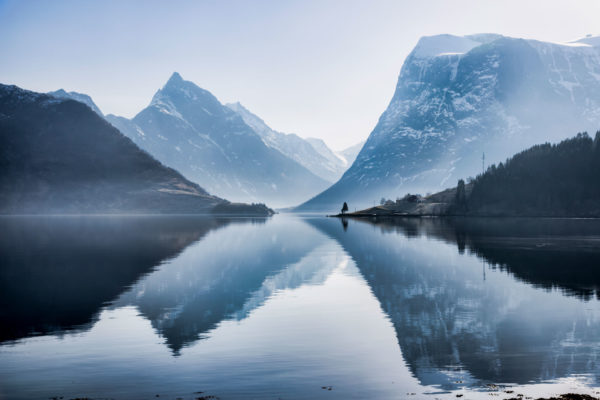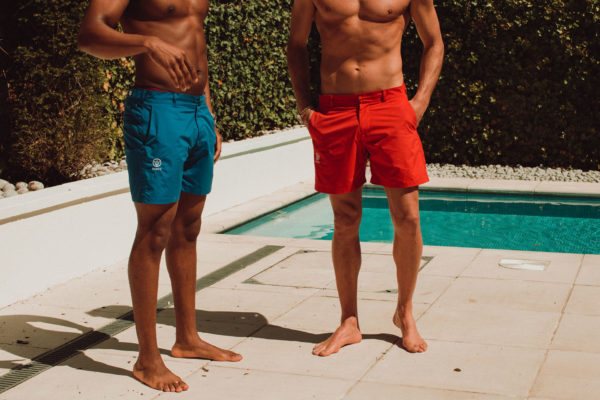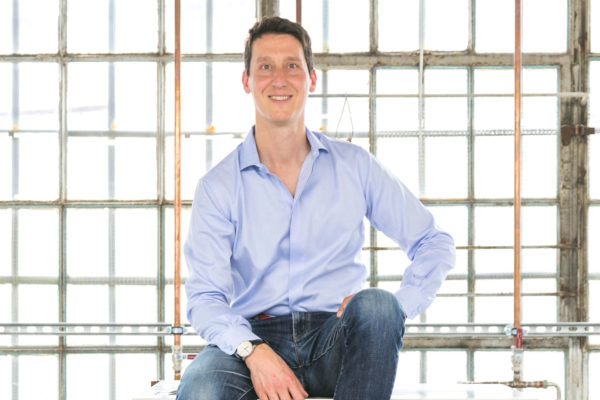
Green Heroes: Charlie Gill, Founder of Life Before Plastic
By
8 months ago
Inside the ever-growing plastic pollution crisis
After witnessing the dire waste issues in Nepal and then closer to home in Manchester, Charlie Gill decided she wanted to drive change in her local community and throughout the UK. She established Life Before Plastic, an online shop offering eco-friendly and plastic-free products as well as realistic environmental advice. We hear more below.
Interview With Life Before Plastic Founder Charlie Gill
When was your green lightbulb moment?
I don’t remember a specific, pinpointed moment for caring about the environment. It’s a sentiment that’s been with me since my childhood, and spending lots of time near the sea visiting my nan. I do think a significant turning point was during my time working in the City of London. Witnessing the staggering amount of waste being generated and the general lack of concern for it drove me to realise that maybe not everyone had the same outlook as I did.
What motivated you to launch Life Before Plastic?
The motivation behind Life Before Plastic was rooted in my experiences volunteering in Nepal, where the lack of efficient waste management systems led to waste thrown everywhere. It was a sad realisation when they weren’t producing the packaging themselves. When I returned to Manchester, I was confronted with a similar but less obvious scenario, still finding rubbish down alleyways, rivers and in parks. I wanted to drive change in my local community and throughout the UK, so decided to establish an online shop offering eco-friendly alternatives. Over time, our mission has evolved to encompass supporting our community in making sustainable choices across various aspects of their lives through our content.
What green business practices are you most proud of?
Among the green practices that we take most pride in is our approach to reusing packaging. In contrast to the prevalent wasteful packaging practices, we only send parcels to customers using packaging that we’ve received and repurposed. This ranges from old ice cream boxes to reused shipping boxes and spare brown paper. We’re also resolute in our stance to collaborate exclusively with brands that meet a minimum threshold of sustainability. That includes encouraging brands to improve their sustainability initiatives before we work with them.
What makes you feel positive about a sustainable future?
I find the ever-evolving landscape of sustainability innovation encouraging, with exciting developments, from edible packaging to the rapid growth of renewable energy systems. The innovation taking place across various sectors reinforces my belief in a greener, more sustainable future.
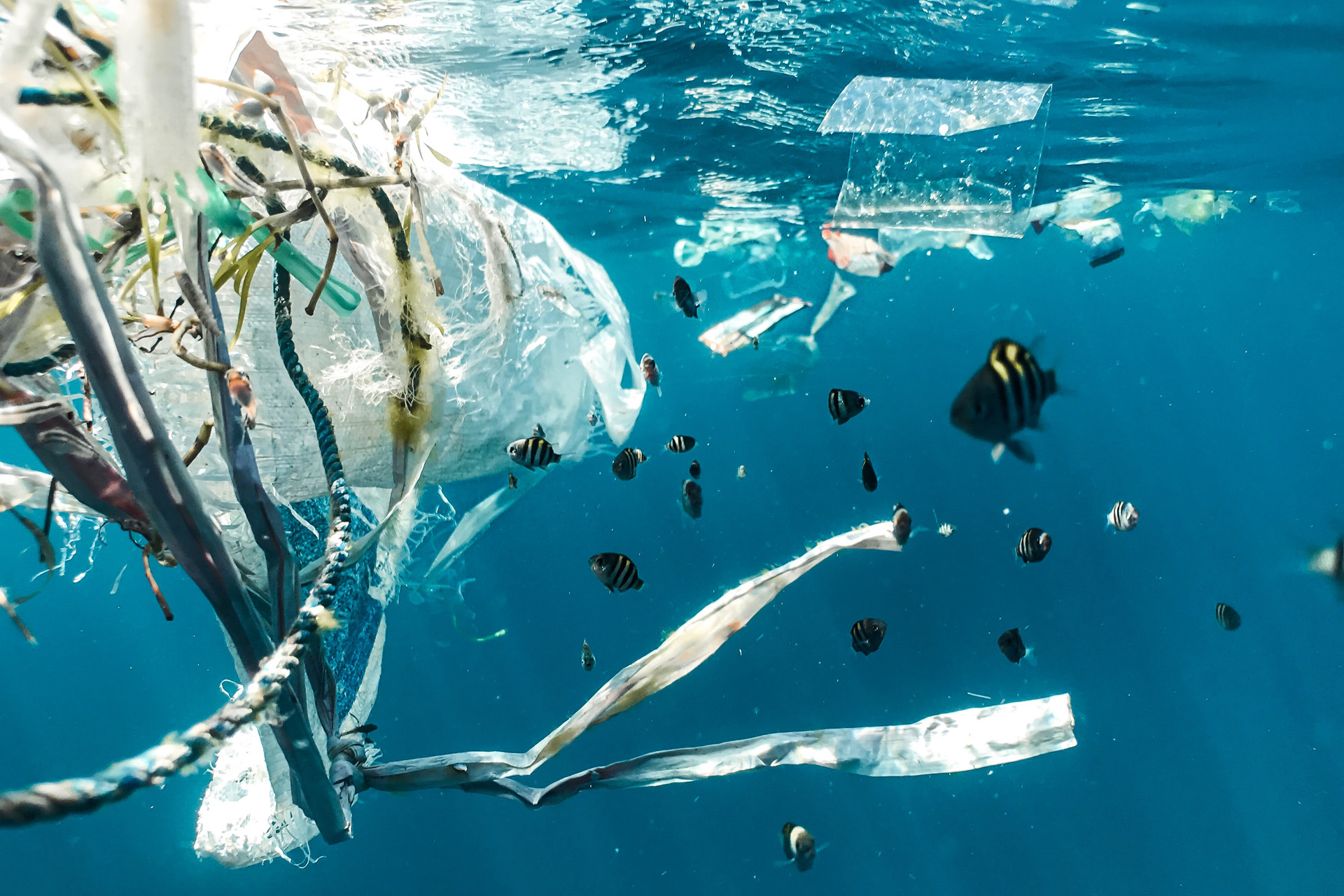
And what are the facts that make you fearful?
My main concern is the huge amount of plastic in our oceans with 90 percent in the deep sea and very unlikely to be removed. The issue seems to be ‘old news’ which is scary when the tide hasn’t turned and we’re still discarding huge amounts of plastic into the sea. My second concern is the doubt surrounding the UK government’s commitment to fulfilling its international obligations under the Paris Agreement. As the UK was a climate leader it’s difficult to see the government step back from their own green targets.
Who is your own green hero?
I don’t have a singular environmental hero, but rather, I draw inspiration from the dedication of indigenous communities worldwide who are tirelessly working to safeguard critical ecosystems. Their commitment helps to inspire me to do my own work and to prioritise sustainability.
Your favourite product – and tell us why we can feel good about buying it?
My personal favourite is Marseille soap. Crafted from olive oil, it’s a versatile and eco-friendly product that I use for various purposes, such as washing dishes, doing laundry, cleaning my hands and hair, and general household cleaning. Its multi-functionality and minimal environmental impact make it my favourite product to recommend.
Can producing anything new really be called sustainable?
Sustainability encompasses a broader perspective that goes beyond environmental concerns. It involves a careful balance between industry, society, and the environment. Achieving sustainability means not only protecting the environment but also a thriving economy and ensuring fair working conditions. I firmly believe it’s possible to create new, sustainable solutions that encompass all these facets.
Name three other of your favourite brands who are doing the right thing and why you like them?
One brand I hold in high regard is Shoreline Shaving, a company with a genuine commitment to environmental causes. They not only support ocean cleanup efforts but also offer durable, long-lasting products. Another brand I admire is Ocean Saver, which pushes the envelope with innovative eco cleaning solutions through dissolvable cleaning sachets, reducing the carbon footprint associated with shipping water. Finally, Press Pause Candles impresses me with their dedication to sustainability while staying true to their identity. Their commitment to environmentally friendly practices sets a positive example for others.
Should we be green shaming the brands/companies who are doing nothing to change their ways?
Rather than resorting to public shaming, I believe more constructive and cooperative communication is the way forward. Engaging with brands to help them understand the importance of sustainability and supporting them in adopting eco-conscious practices can be more effective in the long run.
What advice can you give to other businesses who are wanting to do better?
Making the transition towards environmental consciousness may not be a straightforward decision, but it’s worth it. I recommend starting small and gradually scaling up your sustainable efforts. It’s also essential to develop a sustainability plan that you can fall back on, incorporating eco-friendly practices into various aspects of your business operations.
Three things we should all, as individuals, be doing to help fight plastic pollution?
Individuals can play a vital role in combating plastic pollution by first making a conscious effort to reduce plastic consumption. This might involve choosing loose vegetables over those packaged in plastic, for example. Engaging in local litter clean-up events and showing respect for your community’s shared environment is another impactful step. Finally, speaking with friends and family about the ongoing plastic pollution issue helps raise awareness and encourages collective action.
How do you think the media and governments could help fight plastic pollution?
In my opinion, the media and governments play pivotal roles in addressing plastic pollution. They should continually raise awareness about the issue, keeping it in the public eye and maintaining a sense of urgency. Governments, in particular, should implement and enforce policies that reduce plastic usage. By working together, media and governments can significantly contribute to the ongoing fight against plastic pollution.


